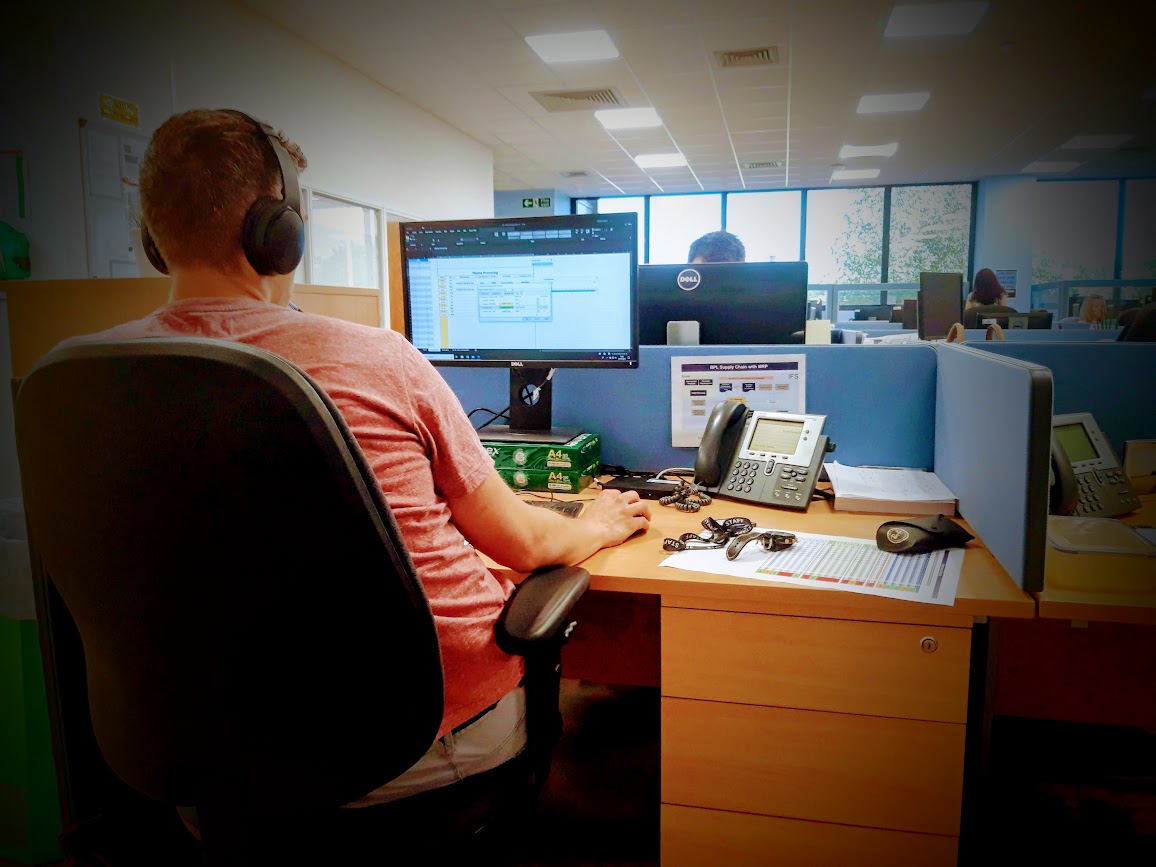Science
AI Revolution in 2026: Transforming Business Dynamics

Artificial intelligence (AI) is poised to redefine the landscape of business operations by 2026, according to insights from Andy Sen, Chief Technology Officer of AppDirect. As organizations increasingly embrace AI, traditional hierarchies in technology, measurement, and talent are being challenged. Sen predicts a significant shift towards decentralization and democratization of AI tools, marking a departure from the era dominated by large enterprise resource planning (ERP) systems.
Sen shared his perspectives with Digital Journal, emphasizing that the proliferation of AI tools will catalyze a transformation in how businesses operate. He states, “We’re seeing the end of the big enterprise software suite era.” While established systems will continue to exist, their influence will diminish as the focus turns to smaller, agile AI-driven solutions. These new tools will evolve rapidly, aligning better with the dynamic nature of modern business.
As organizations prepare for an influx of AI products, Sen anticipates a diverse array of applications emerging in 2026. “Expect an explosion of AI products next year—both consumer-facing and internal,” he noted. While some offerings may overlap or duplicate existing solutions, this surge in innovation will facilitate extensive experimentation. Sen believes that the current phase of AI development will ultimately lead to a consolidation of tools, refining the landscape further.
Despite the significant investment in AI, Sen cautions that businesses may struggle to quantify the immediate return on investment (ROI). “In 2026, organizations still won’t be able to measure AI’s impact on the bottom line,” he explained. Instead, metrics will focus on project-level outcomes, such as the number of transactions supported by AI, the speed of contract reviews, and the automation of deliveries. Over time, these incremental improvements are expected to culminate in more substantial transformations, but it may take years before AI’s ROI is reflected in traditional financial terms.
A notable advantage of AI, according to Sen, is its ability to dismantle functional specialisms within organizations. He highlighted how the decentralization of AI development enables individuals from various departments to create innovative tools tailored to their specific needs. “You no longer need to be an engineer to innovate,” he remarked. This shift is expected to foster a new wave of creativity, with successful AI applications emerging from those who previously did not identify as AI experts but possessed the vision to apply technology in impactful ways.
Sen’s insights suggest that the future of AI in business will be characterized by a fluidity of talent and ideas. He anticipates that forthcoming innovations will not solely originate from researchers developing cutting-edge models. Instead, the most compelling advancements will stem from individuals with diverse backgrounds who apply AI in novel contexts.
As we look ahead to 2026, the ongoing evolution of AI in business promises to reshape how organizations operate. The transition away from traditional ERP systems towards a more decentralized approach will likely foster an environment ripe for experimentation and innovation. While the path to measurable financial returns may be lengthy, the potential for transformative change remains significant.
-

 Politics6 days ago
Politics6 days agoSecwepemc First Nation Seeks Aboriginal Title Over Kamloops Area
-

 World4 months ago
World4 months agoScientists Unearth Ancient Antarctic Ice to Unlock Climate Secrets
-

 Entertainment4 months ago
Entertainment4 months agoTrump and McCormick to Announce $70 Billion Energy Investments
-

 Lifestyle4 months ago
Lifestyle4 months agoTransLink Launches Food Truck Program to Boost Revenue in Vancouver
-

 Science4 months ago
Science4 months agoFour Astronauts Return to Earth After International Space Station Mission
-

 Technology3 months ago
Technology3 months agoApple Notes Enhances Functionality with Markdown Support in macOS 26
-

 Top Stories1 month ago
Top Stories1 month agoUrgent Update: Fatal Crash on Highway 99 Claims Life of Pitt Meadows Man
-

 Sports4 months ago
Sports4 months agoSearch Underway for Missing Hunter Amid Hokkaido Bear Emergency
-

 Politics3 months ago
Politics3 months agoUkrainian Tennis Star Elina Svitolina Faces Death Threats Online
-

 Politics4 months ago
Politics4 months agoCarney Engages First Nations Leaders at Development Law Summit
-

 Technology4 months ago
Technology4 months agoFrosthaven Launches Early Access on July 31, 2025
-

 Top Stories3 weeks ago
Top Stories3 weeks agoFamily Remembers Beverley Rowbotham 25 Years After Murder




















